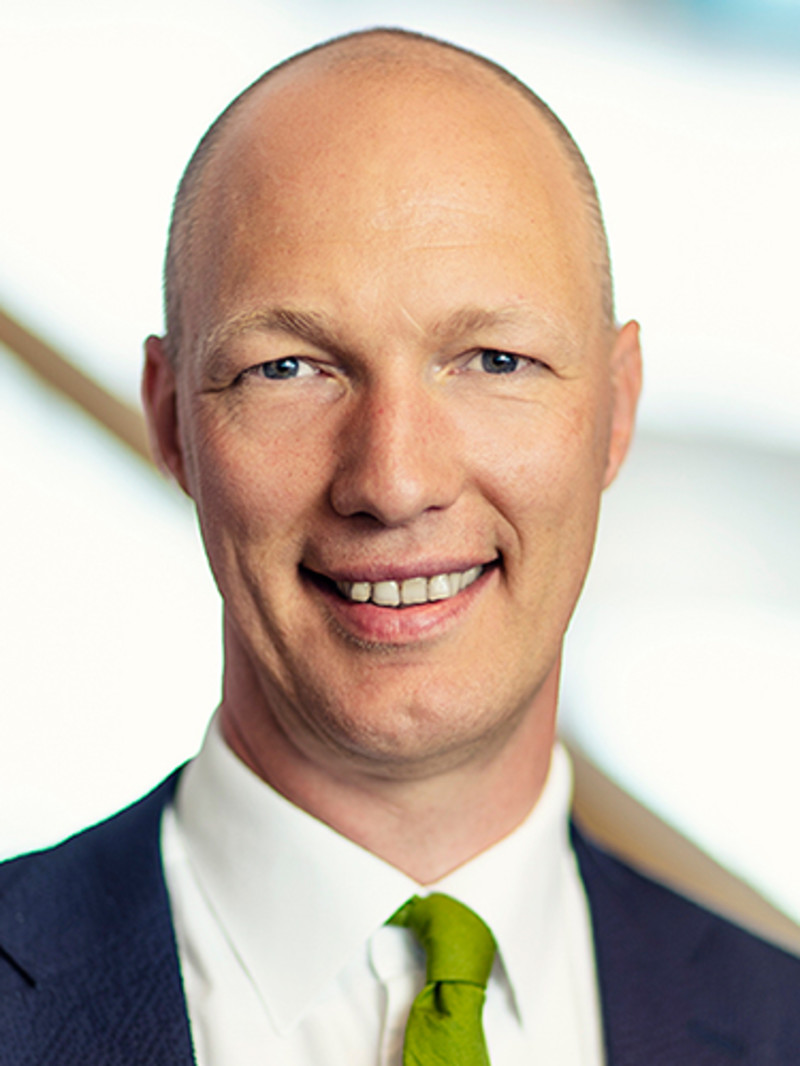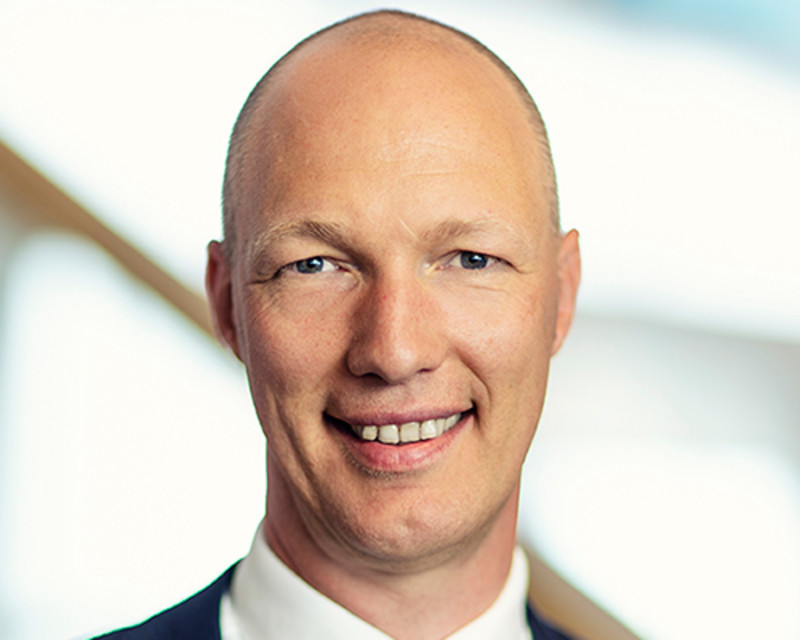
The spy in the sky for deforestation
Robeco has teamed up with a satellite data company to detect deforestation in palm oil plantations.
概要
- Satelligence monitors palm oil plantations around the world
- Imagery can detect deforestation along with other land use changes
- Engagement program aims to improve standards at investee companies
The agreement with Satelligence will enable checks to be made on whether forests in Malaysia and Indonesia are being cleared to make way for new palm oil trees. The firm accesses data from satellites that can take high-quality pictures from orbit, allowing ‘before-and-after’ comparisons to be made continuously.
Addressing sustainability issues in the palm oil industry is a major engagement theme for Robeco in 2019, using a combination of enhanced engagement and a screening system to target producers directly. A key benchmark is the amount of land under cultivation that has been certified by the Roundtable on Sustainable Palm Oil (RSPO), a not-for-profit group that Robeco joined in January.
To be completely effective, the engagement program requires proof of how well companies are complying with the objectives, and deforestation can be hard to detect from the ground. Robeco has therefore signed a letter of intent to collaborate with Satelligence, a Utrecht-based company with more than 20 years’ experience in leveraging satellite imagery on deforestation.

How it works: the European Space Agency’s Sentinel-1 satellites scan the ground; with AI, all pixels that underwent change are detected. Vegetation clearing including deforestation is shown in red; intact forests are shown in dark green, and plantations are in light green. Source: Satelligence
“Building on the annual benchmark of palm oil companies as published by the Zoological Society of London’s Sustainability Policy Transparency Toolkit (ZSL-SPOTT), which we use in our engagement program, this project now gives us the ability to develop real time monitoring of the palm oil companies commitments to no deforestation,” says Peter van der Werf, Robeco’s engagement specialist working on the palm oil program.
“By collaborating for this pilot, Robeco can be at the forefront of integrating satellite-derived sustainability metrics into sustainability research to support our investment decisions. Together with Satelligence, we can build a system that can monitor the progress of companies towards 100% RSPO-certified plantations, and drive the transformation to a sustainable palm oil industry.”
The spy in the sky
The imagery comes from satellites operated by the European Space Agency (ESA), the Japanese Aerospace Exploration Agency and NASA, orbiting 700 km above South-East Asia, West Africa and Central and South America.

The Sentinel-1 satellite used in the European Space Agency's Copernicus program. Source: Getty Images
The ESA’s Sentinel-1 satellite, launched in 2014 as part of the Copernicus scientific program, is so powerful it can pinpoint and precisely ‘photograph’ pieces of land five meters in diameter through the clouds. Aside from deforestation, it can detect oil spills, melting sea ice and flooding as part of the EU’s Earth Monitoring program.
The satellites can target different crops subject to sustainability issues, including cocoa, soy and timber. Artificial intelligence is used to enhance the data analysis and keep track of quickly moving events. Continuously updated, it provides a real-time commodity map of the world.
The data can be used to engage with plantation owners, traders, intermediaries and other players in the supply chain, as well as to alert authorities of any criminal activity. The methods were developed in close cooperation with scientists at the Netherlands’ Wageningen University, which specializes in life sciences and natural resources.
Threats to portfolios
“With 2020 around the corner, many companies are struggling to show progress of commitment to ending commodity-driven deforestation in their supply chains,” says Niels Wielaard, Director of Satelligence.
“Deforestation and other climate-related risks could also pose a major threat to investors’ portfolios. So for financial institutions, it is crucial to be at the forefront of making impact measurable and visible.”
“Through our collaboration, we help Robeco identify risks, and enable them to start concrete discussions with companies about where and how they should change their business conduct to prevent deforestation.”
A vital commodity
Palm oil is a vital commodity that is an essential ingredient in many consumer goods, from chocolates to shampoo. As the most land-efficient and versatile vegetable oil, its cultivation as a cash crop is highly profitable. This has led to many plantation owners chasing short-term profits by developing land in unsustainable ways.
Aside from the deforestation threat, the sector has a large carbon footprint and has suffered from poor labor standards. Addressing the problems faced by the industry is a major engagement theme for Robeco in 2019, leading to the publication of a position paper earlier this year.
了解最新的可持續性市場觀點
訂閱我們的電子報,探索塑造可持續投資的趨勢。
Important information
The contents of this document have not been reviewed by the Securities and Futures Commission ("SFC") in Hong Kong. If you are in any doubt about any of the contents of this document, you should obtain independent professional advice. This document has been distributed by Robeco Hong Kong Limited (‘Robeco’). Robeco is regulated by the SFC in Hong Kong. This document has been prepared on a confidential basis solely for the recipient and is for information purposes only. Any reproduction or distribution of this documentation, in whole or in part, or the disclosure of its contents, without the prior written consent of Robeco, is prohibited. By accepting this documentation, the recipient agrees to the foregoing This document is intended to provide the reader with information on Robeco’s specific capabilities, but does not constitute a recommendation to buy or sell certain securities or investment products. Investment decisions should only be based on the relevant prospectus and on thorough financial, fiscal and legal advice. Please refer to the relevant offering documents for details including the risk factors before making any investment decisions. The contents of this document are based upon sources of information believed to be reliable. This document is not intended for distribution to or use by any person or entity in any jurisdiction or country where such distribution or use would be contrary to local law or regulation. Investment Involves risks. Historical returns are provided for illustrative purposes only and do not necessarily reflect Robeco’s expectations for the future. The value of your investments may fluctuate. Past performance is no indication of current or future performance.






















